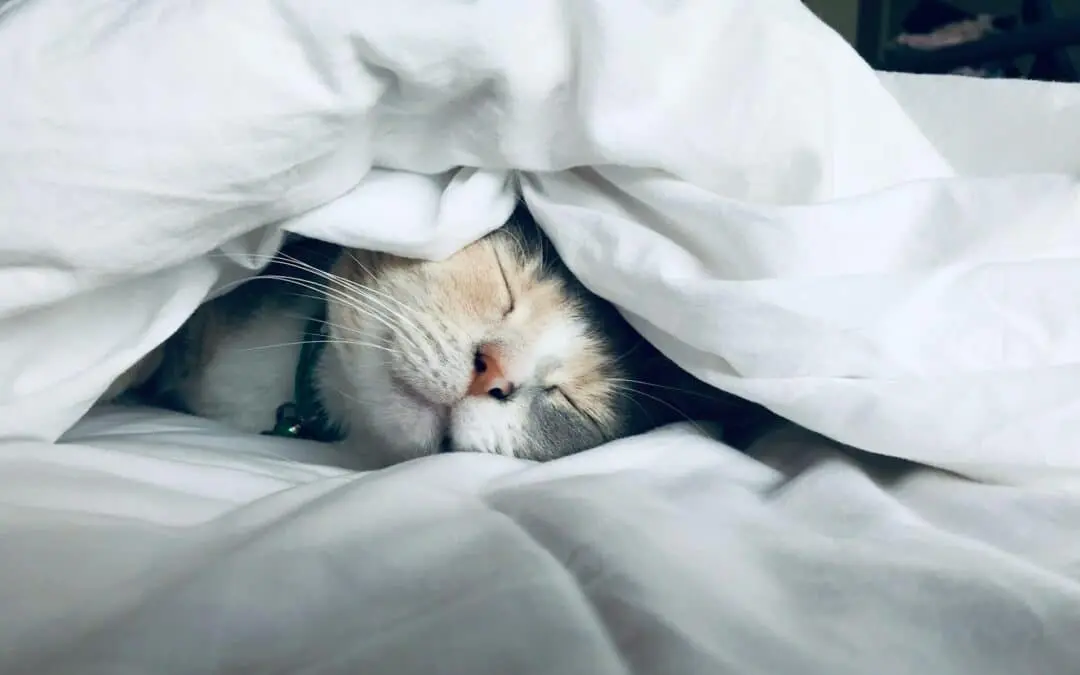Heartworms are deadly. While Arizona might have fewer cases than other areas in the U.S., they can still cause significant damage to our pets. Although they are not as common in cats as in dogs, cats can get heartworms, too.
If you have a cat, knowing how to recognize the symptoms of a heartworm infection could save their life. That is why our veterinarians created this guide with the most important facts about heartworms in cats.
What Are Heartworms?
Heartworms are parasites that make their homes in the heart, arteries, and internal organs of an animal. They are spread by mosquitoes that pick up larvae from infected animals and transfer them to another host. Unfortunately, these larvae can survive without a host for over ten days, which means they have a very high chance of spreading.
How Common Are Heartworms In Cats?
Luckily for our feline pals, heartworms do not thrive with a cat as a host. In fact, many of the worms will not reach adulthood. Cats infected with adult worms will only have one to three parasites, compared to their canine peers, who can have hundreds.
However, even though adult worms may not pose a significant risk, the larvae can still be deadly. If they infect your cat’s lungs and respiratory system, they can cause trouble breathing, organ failure, and death.
Symptoms of Heartworms in Cats
- Respiratory distress (such as coughing, wheezing, panting, rapid breathing, or labored breathing)
- Weight loss or a lack of appetite
- Lethargy
- Vomiting
- Seizures or collapse
- Distended abdomen from the accumulation of fluid
Treating and Preventing Heartworms in Cats
If your cat becomes infected, they need immediate veterinary care. However, treating cats for heartworm is difficult, as there is no real way to stop the larvae on their rampage through your cat’s respiratory system. Typically, treatment consists of taking care of the symptoms and giving your pet time to fight off the larvae. In cases where there are adult worms, the only way to remove them is with surgery.
The best way to protect your cat from heartworms is through prevention.
- Keeping your cat indoors is the best way to keep them safe from parasites.
- If your cat spends time outside, use cat-safe mosquito repellents. Many mosquito repellents can be dangerous to cats, so always ask your vet for a recommendation.
- Take your cat to their yearly checkups and call your vet if you have any concerns about their health.
Veterinary Care for Cats in Gilbert, Arizona
Part of keeping your cat safe and healthy is making sure they get the best care possible. Yearly veterinarian appointments for heartworm screenings and other preventive measures will help you keep your cat safe.
Here at East Valley Animal Hospital, we offer preventive pet care as well as emergency veterinary care that you can trust. If you have pressing concerns about your cat’s health or are looking for preventive care, contact us today to make an appointment.
Images used under creative commons license – commercial use (6/4/25). Photo by Kate Stone Matheson on Unsplash.

